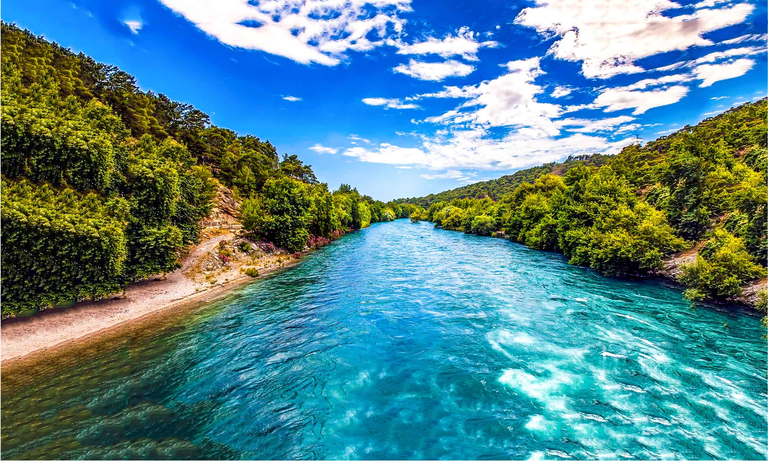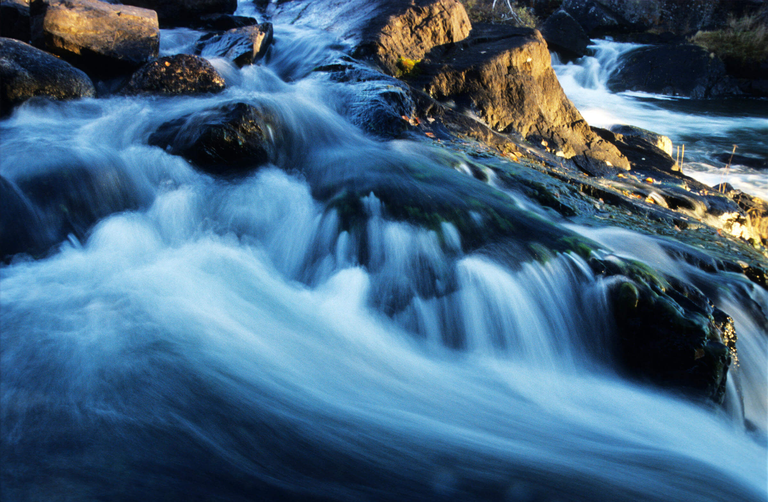
Rivers are among the most important natural features on Earth, shaping landscapes, supporting ecosystems, and sustaining human life. They have been the cradles of civilizations, the sources of inspiration for poets and artists, and the driving force behind economic and agricultural development. Flowing through mountains, plains, and cities, rivers connect the land in a continuous cycle of movement and renewal.
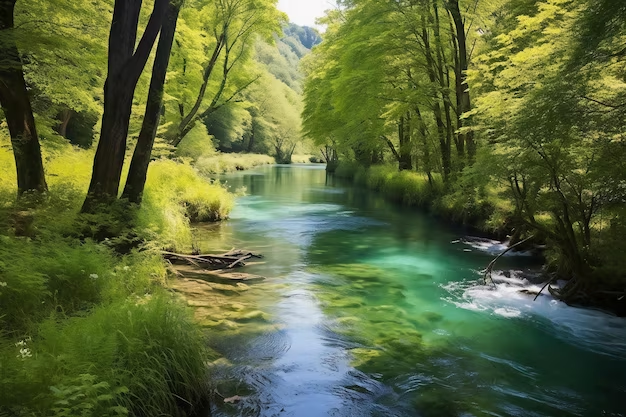
Beyond their beauty and cultural significance, rivers play a crucial role in maintaining the ecological balance of our planet. They serve as habitats for diverse plant and animal species, providing food and shelter for countless organisms. Many migratory birds and fish depend on rivers for survival, making them essential for biodiversity. Additionally, rivers transport nutrients that enrich the soil, ensuring fertile lands for agriculture.
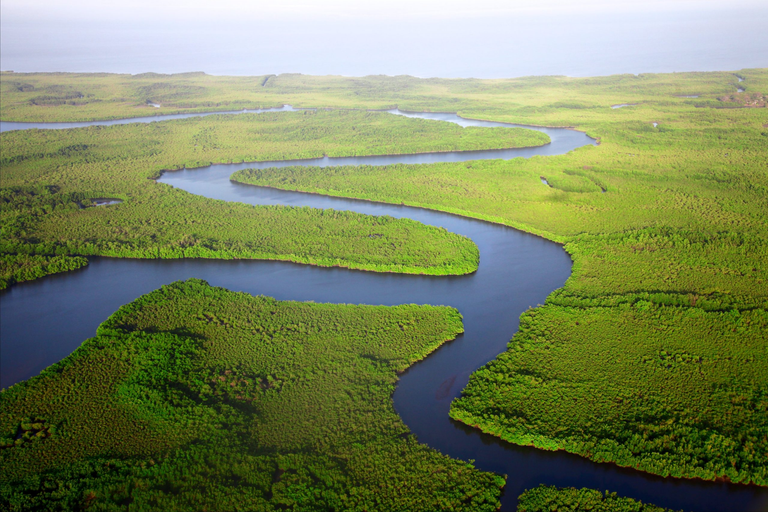
Since ancient times, human civilizations have flourished along rivers. The Nile, Indus, Tigris, and Euphrates gave birth to some of the earliest human settlements, providing fresh water for drinking, irrigation, and trade. Even today, major cities are built near rivers, as they remain vital for transportation, industry, and daily life. Without rivers, much of human progress would not have been possible.

Apart from their practical benefits, rivers have a deep cultural and spiritual significance. Many religious traditions consider rivers sacred, such as the Ganges in India, which is revered by millions. Throughout history, rivers have been symbols of life, purification, and transformation, inspiring myths, legends, and literature across different cultures.
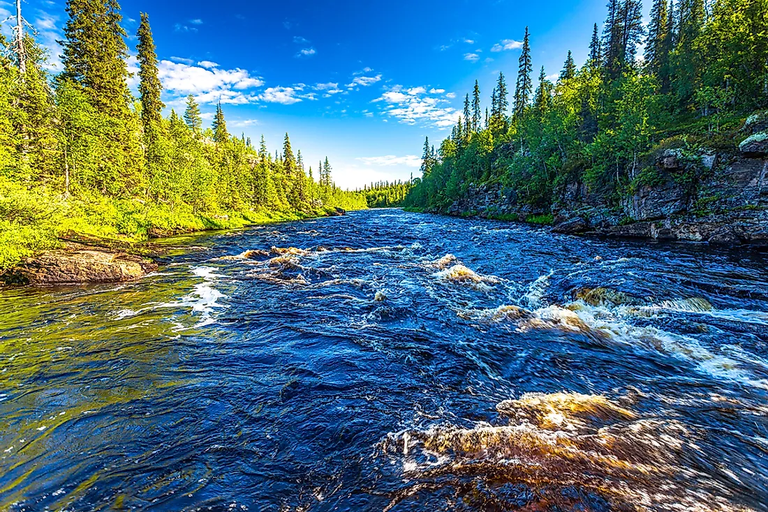
However, despite their importance, rivers are facing serious threats due to human activities. Pollution from industries, plastic waste, and agricultural runoff contaminate river water, making it unsafe for both wildlife and humans. Climate change is also altering river flows, leading to extreme droughts or devastating floods. The construction of large dams and excessive water extraction further disrupts natural ecosystems.
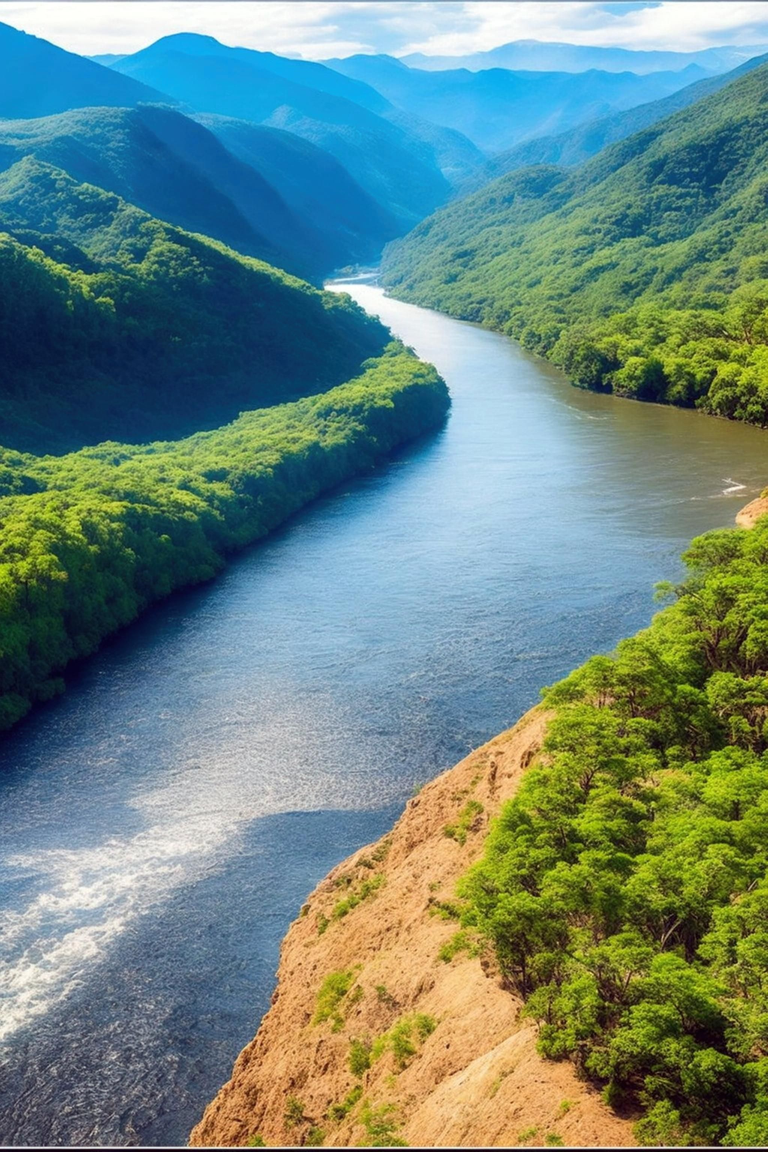
Efforts to protect rivers are more important than ever. Conservation programs, pollution control measures, and sustainable water management practices can help restore and preserve these essential waterways. Governments, communities, and individuals must work together to reduce pollution, maintain natural river flow, and ensure clean water for future generations.
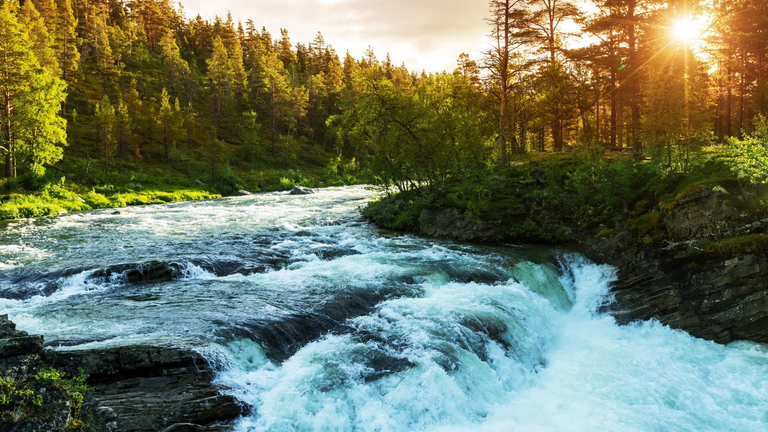
Rivers are the lifelines of our planet, and their health directly impacts the well-being of nature and humanity. Whether through scientific conservation efforts or simple everyday actions like reducing plastic waste, we all have a role to play in protecting them. By valuing and safeguarding rivers, we ensure a thriving environment and a sustainable future for generations to come.
